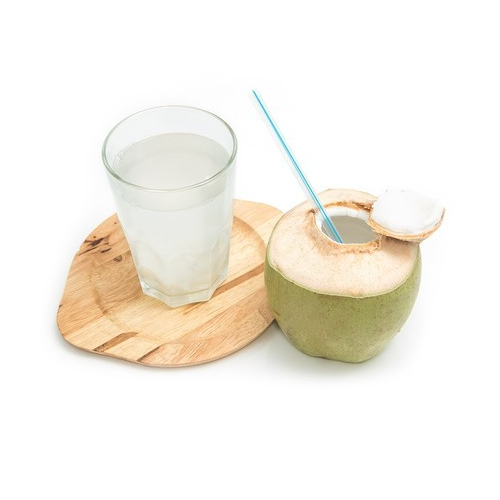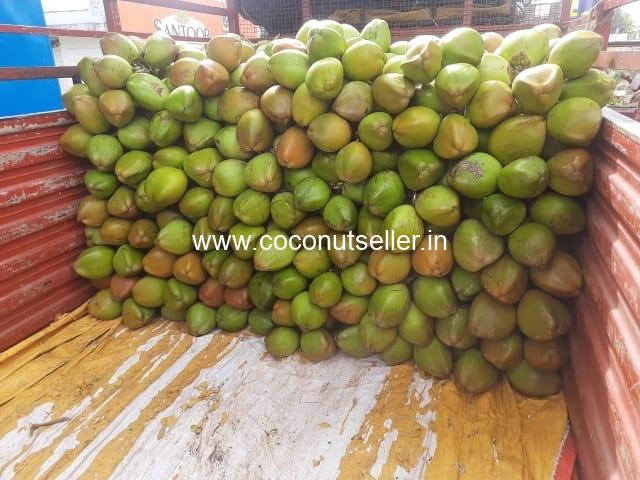
Coconut is the most extensively grown and used nut in the world. Coconut (Cocos nucifera L), belongs to family Palmae, is a tree that is cultivated for its multiple utilities, mainly for its nutritional and medicinal values.
Coconut Water is the nutritious clear liquid inside the coconut fruit which is rich in vitamins and minerals. The water of tender coconut has a caloric value of 17.4 per 100gm. Tender coconut water is the liquid or juice and not the milk of the coconut.
Ayurvedic system of medicine has documented the uses of tender coconut water 4000 years ago. In Sanskrit, the coconut palm is called the “Kalpavriksha” which means the tree that provides all that is needed for life. The coconut water is said to be Sheetala (cold), Hridya (cardio-protective), Deepana (digestive stimulant), Shukrala (aphrodisiac), Laghu (light). It relieves Pitta, Pipasa (thirst) and Basti shuddhikara (diuretic). Green Coconut has much water and is rich in proteins, minerals, vitamins, calcium, phosphorus, iron, iodine, chlorine, sulphur, potassium, magnesium, carbohydrates and vitamins B1, B2 as well as B5 . The water also helps the hydration of the body. Coconut water is the richest natural source of cytokinins which inhibit platelet clots that may lead to heart attacks and strokes. Being rich in sodium, potassium and other electrolytes, tender coconut water is an important alternative for oral rehydration.
For best results, the water from a fresh coconut should be consumed shortly after being exposed to air due to the possible loss/degradation of important nutrients. The nuts should be harvested between the 7th and 8th month of maturity for obtaining adequate amounts of nutrients and sweetness.
Tender coconut water is the natural isotonic beverage with almost the same level of electrolyte balance as we have in our blood. Hence, it deserves to be known as the “fluid of life”.
Source: http://www.ccras.nic.in/node/1220



